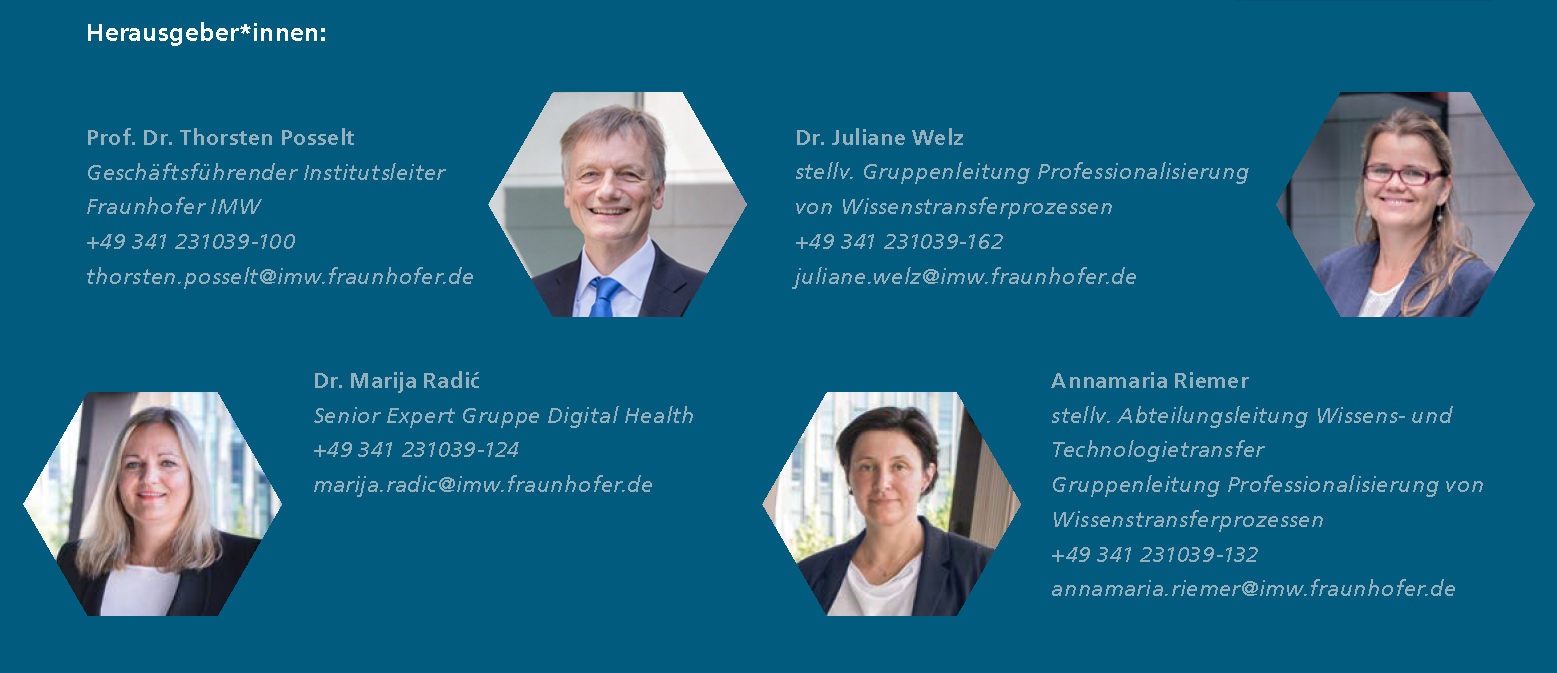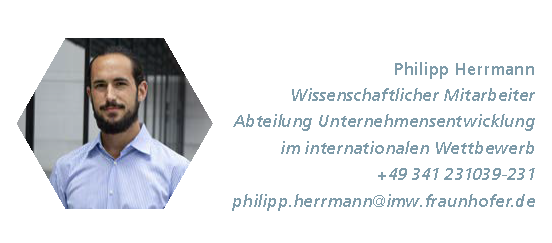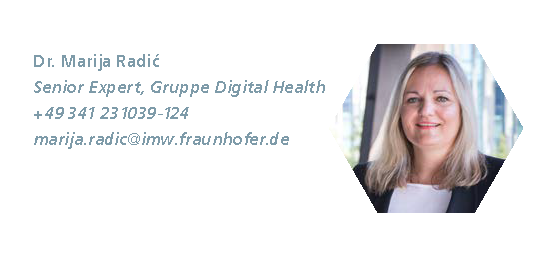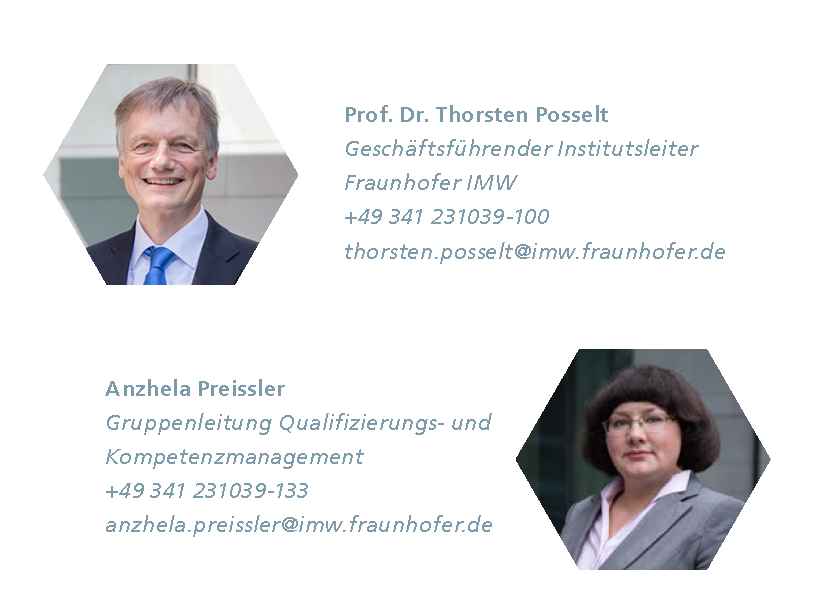The danger of a crisis like the COVID-19 pandemic or the Ukraine war lies in its element of surprise. Many companies were caught unprepared. As in nature, therefore, resilience, i.e. the ability of a system to withstand change, is now crucial for dealing with abrupt change and for future success. After all, pandemics, geopolitical conflicts and climate change will continue to challenge companies in the future. Scientists at Fraunhofer IMW have therefore investigated which parameters contribute to the resilience of companies and organizations. They have developed practical offers for more entrepreneurial resilience and analyzed the potential of the circular economy for resilient value creation.
Crisis resistant - resilience as a success factor
Fraunhofer IMW anthology summarizes key findings on corporate resilience
In their anthology "Resilience for the Future of Value Networks", published in 2022, Fraunhofer IMW scientists compile the latest findings in resilience research. They show how companies can record, assess and continuously improve their own resilience.
The term resilience has been part of the academic vocabulary in many disciplines such as ecology, sociology or education sciences for decades. In economics, too, resilience has been researched for decades at the micro level of the entrepreneur, at the level of the company and also from a macroeconomic perspective. Resilience research expanded especially after the economic and financial crisis in the late 2000s. Since then, the focus has been on, for example, the analysis of multiple stressors that endanger entrepreneurial success or preventive approaches to mitigate risks.
Researchers provide insight into resilience research
The anthology provides theoretical discourses on resilience and value creation alongside methodological approaches to measuring resilient systems. It also offers practice-oriented knowledge and recommendations for action for selected industries.
[...]
Research project develops management tools for resilient Saxon economy
Resilience is the ability to withstand difficult situations without long-term impairment. The term originates in the field of psychology, where it defines the process of how people change their behavior in order to cope with burdens and stressful situations. Since the beginning of the COVID 19 pandemic the concept of resilience has also been more and more relevant for companies.
A company can be considered resilient if it can maintain its essential value proposition despite expected or unexpected disruptions. The RESILIENT research project uses the example of small and medium-sized enterprises in Saxony to show how resilience can be strengthened and existing weaknesses improved.
How can a business model be resilient?
For a company to cope well with a crisis, it needs a resilient business model. The business model provides answers on which products or services a company offers to which target group, in short: how a company generates income. In the research project, the Leipzig scientists and the participating Saxon companies developed an online tool - the Resilience Cockpit - that can analyze the status quo of a business model.
[...]
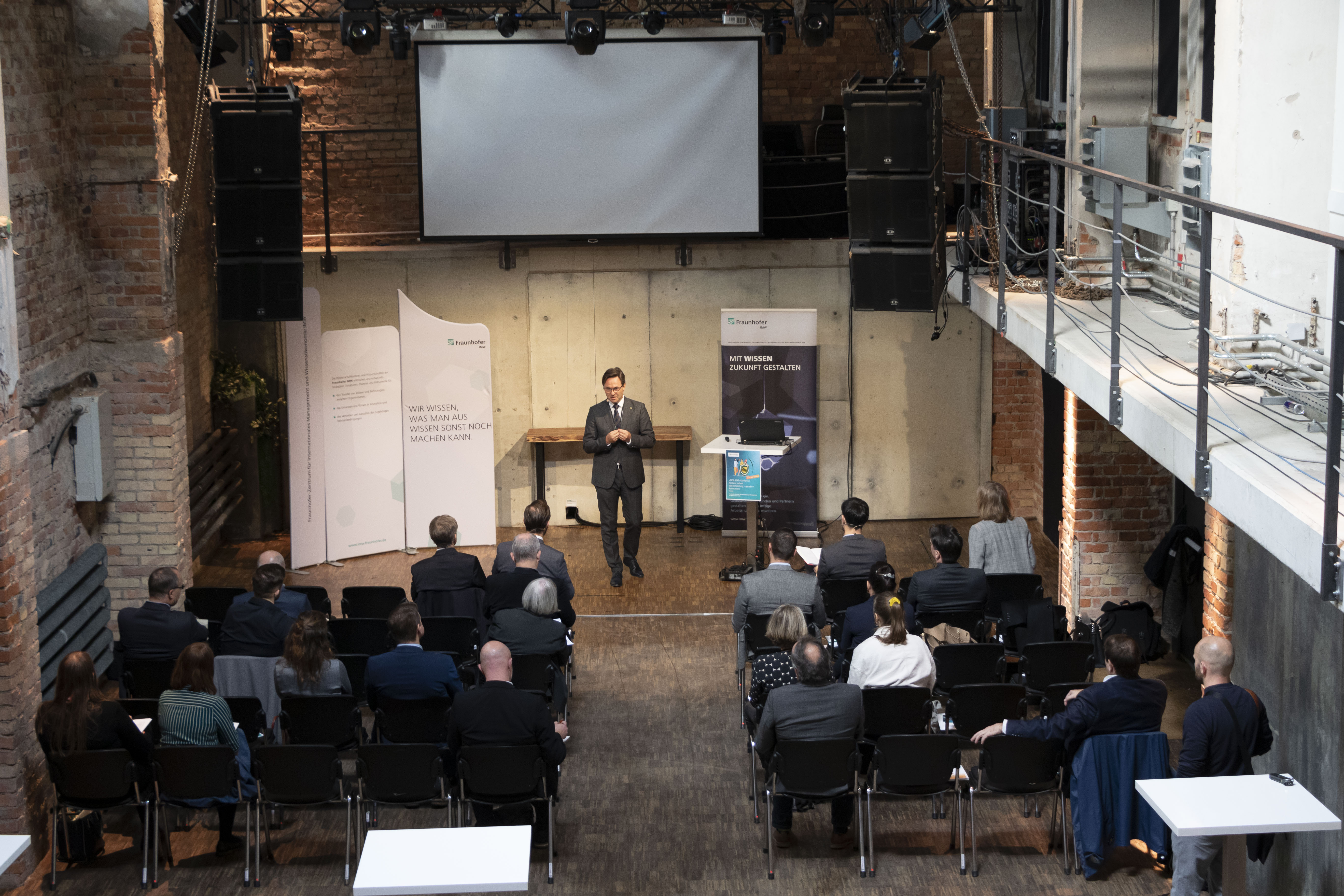
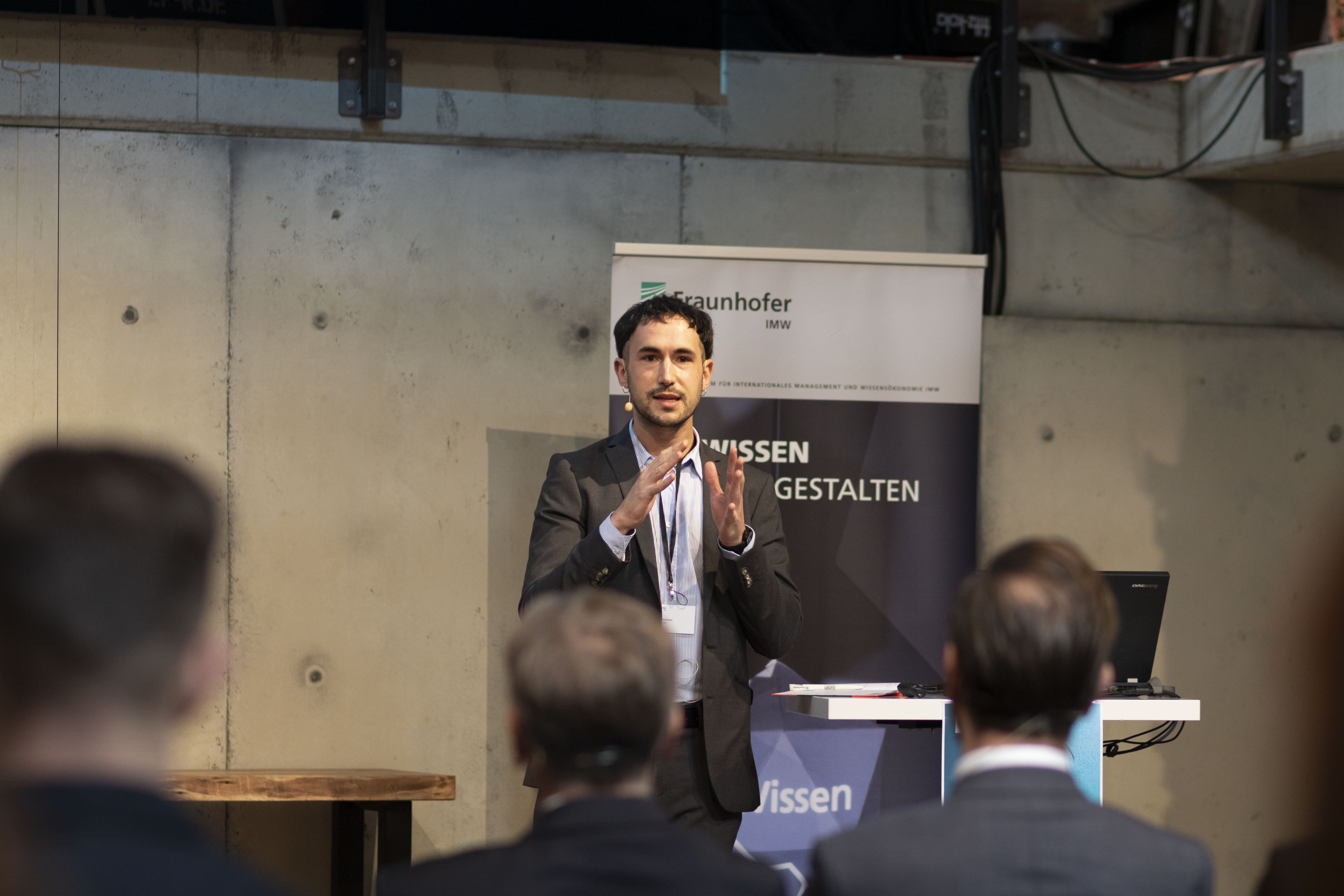
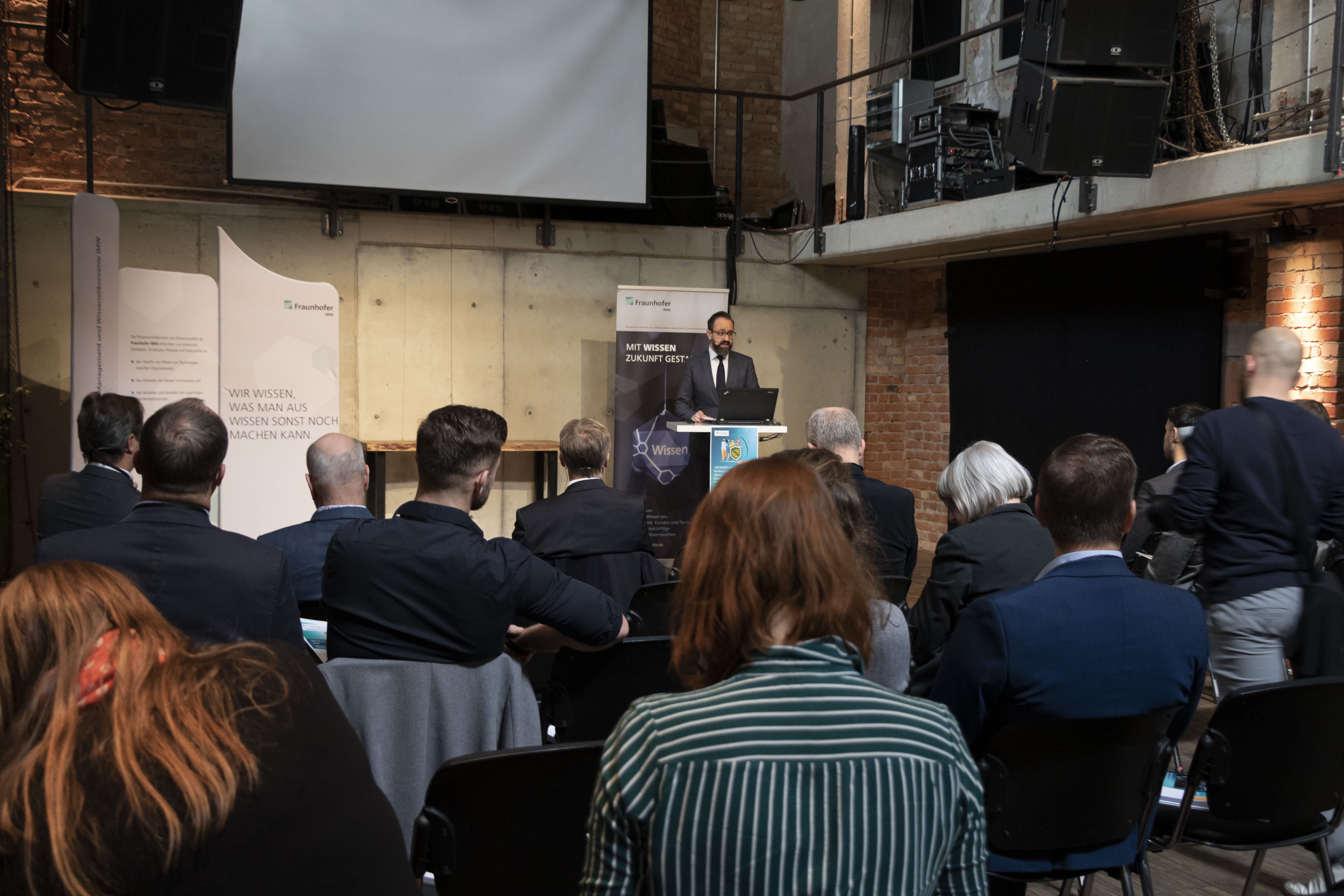
Mittelstand 4.0 Competence Center eStandards: Leipzig open workshop introduces regional SMEs to digitization
Over 150 (supra)regional events, more than 100 company consultations and 8 multi-month digitization projects with SMEs from the region - after five project years, the project team of the Open Workshop Leipzig of the Mittelstand 4.0 Competence Center eStandards at Fraunhofer IMW has achieved impressive results. The Fraunhofer IMW scientists led the Open Workshop Leipzig as one of five locations of the Mittelstand 4.0 Competence Center eStandards. In doing so, they supported medium-sized companies with their free and provider-neutral information, training and networking opportunities enabling them to develop and implement digital business ideas with the help of eStandards.
A particular focus was on the platform economy, artificial intelligence (AI), blockchain and sustainability topics. Additionally, since 2017 visitors were able to experience digitization in a hands-on way and to learn about possible applications of digital technologies, in a world of experience with demonstrators set up by the researchers at the institute.
[...]
Sustainability in family-owned businesses - How the transformation to a circular economy can succeed
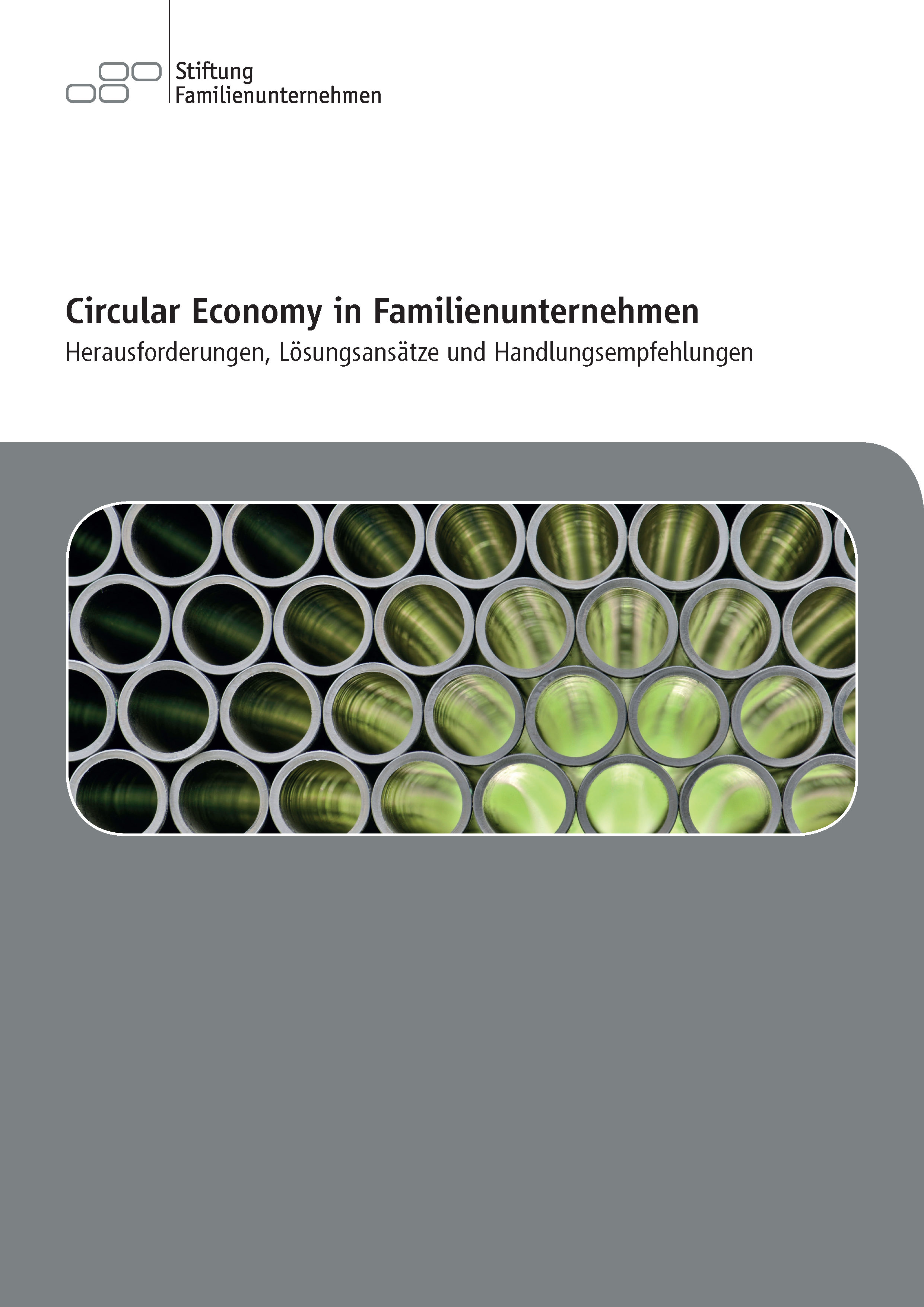
The Circular Economy is a regenerative economic system in which resource use and waste production, emissions and energy use are minimized by slowing down, reducing and closing energy and material cycles. In companies, this is achieved, for example, through more efficient ways of working, the provision of circular products or the redesign of the business model.
A shift toward a circular economy is desirable. However, it can only succeed if many companies redesign their processes, for example, through durable design, the reuse of materials or the refurbishment of used products. Family-owned businesses play a decisive role here - providing the starting point for an interdisciplinary research team to analyze the status quo of the circular economy in German family-owned businesses.
Exploiting the potential of the circular economy
Many family-owned businesses are already implementing individual Circular Economy strategies. For example by paying attention to resource efficiency in production or by replacing fossil raw materials. However, the research team's study clearly shows that so far only a few family-owned businesses have fundamentally changed their business models, for example by introducing service business models.
[...]
Zentrum digitale Arbeit: Kompetenzen für die Arbeitswelt von Morgen
Digitization is drastically changing work environments everywhere. For employees, it is creating new job profiles, companies are developing innovative, networked services and products and views of what is defined as work are also changing. At the same time, demographic change has left its mark on eastern German companies in particular. Small and medium-sized companies and their employees in particular are being forced to respond creatively to both developments. In order to give labor market actors and practitioners an insight into, for example, the necessary competence development of employees or social innovations in the company, the project partners of the think tank "Center for Digital Work" bundled the current state of knowledge on change processes in the world of labor.
Four eastern German project partners cooperated in the Center for Digital Work. They contributed their perspectives on labor, politics, economics, psychology and sociology to the think tank, conducted analyses and mirrored their findings with the experiences from five regional future centers. The center‘s knowledge pool continues to provide up-to-date insights on eight overarching themes, for example, New Work or the skills for tomorrow‘s labor market.
[...]

